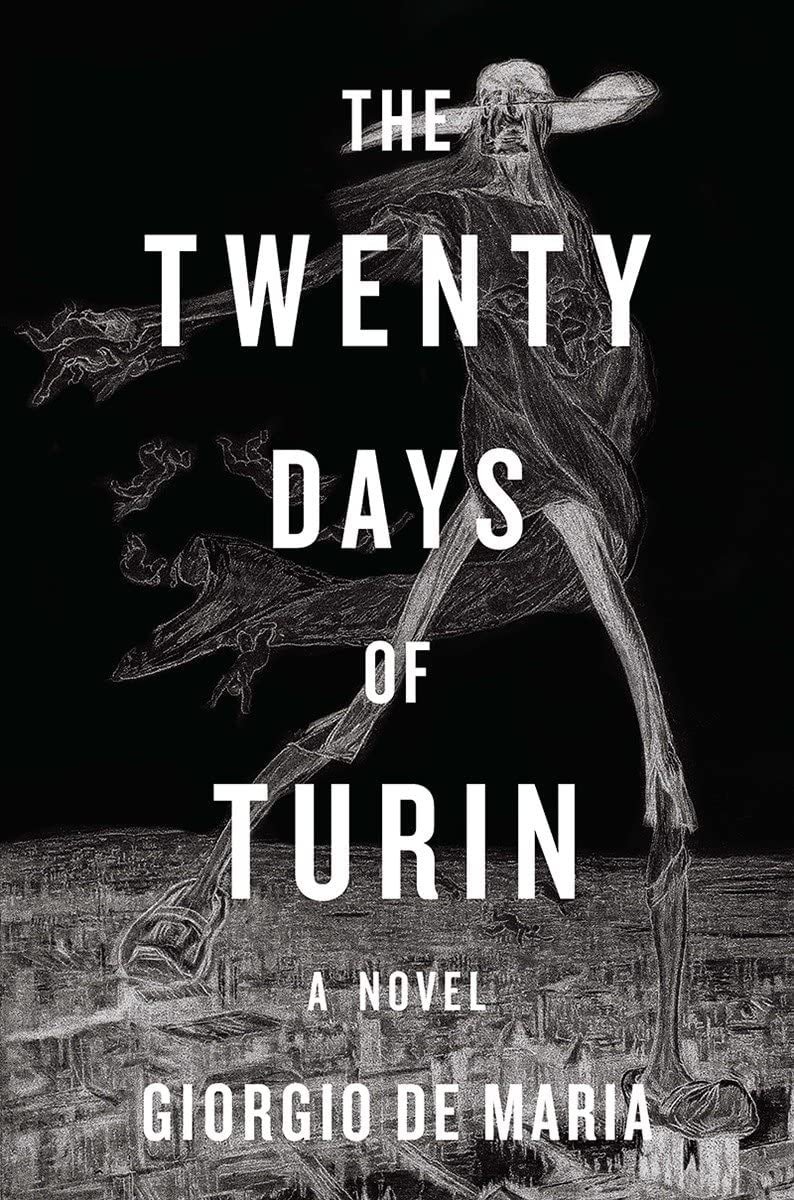
The Twenty Days of Turin
Short Audio Book Summary
The Twenty Days of Turin Summary
0:00 / 0:00Reviews
No review yet. Be the first to review this book!
Description
"The Twenty Days of Turin" (Italian: "I venti giorni di Torino") is a novel by Giorgio De Maria, first published in 1977. It's a work of Italian speculative fiction that blends elements of horror, dystopia, and social commentary. Here are some details about the book: **Plot Summary:** The story is set in Turin, Italy, where an unnamed narrator discovers a bizarre and disturbing phenomenon: the Twenty Days of Turin. This event involves a sudden outbreak of insomnia and paranoia among the city's inhabitants, leading to a collective descent into madness and violence. As the narrator investigates the origins of the Twenty Days, he uncovers a sinister conspiracy involving a secret organization known as the Library, which aims to control and manipulate the thoughts and emotions of the populace. The Library's influence extends beyond the physical realm, infiltrating the minds of individuals through a mysterious process known as "submersion." As the chaos spreads and the city descends into anarchy, the narrator becomes increasingly obsessed with uncovering the truth behind the Library and its dark agenda. Along the way, he encounters a cast of characters struggling to maintain their sanity in the face of overwhelming psychological terror. **Themes:** "The Twenty Days of Turin" explores themes of mass hysteria, surveillance, the erosion of privacy, and the power of collective consciousness. De Maria's novel serves as a chilling commentary on the dangers of authoritarianism and the manipulation of information in society. **Style and Reception:** De Maria's writing style is characterized by its atmospheric prose, surreal imagery, and philosophical undertones. "The Twenty Days of Turin" has been praised for its innovative narrative structure and its ability to evoke a sense of existential dread. While initially overlooked upon its release, the novel gained critical acclaim in subsequent years for its prescient exploration of contemporary issues such as social isolation, media manipulation, and the erosion of civil liberties. **Legacy:** "The Twenty Days of Turin" has been compared to works by authors such as Jorge Luis Borges and Italo Calvino for its blend of literary experimentation and speculative fiction. The novel has inspired various adaptations, including a film adaptation in development. Overall, "The Twenty Days of Turin" remains a thought-provoking and unsettling exploration of the human psyche and the dark forces that lurk beneath the surface of society.



 Apr 15, 2025
Apr 15, 2025



















.jpg)






.jpeg)







.jpg)



.jpeg)









.jpg)

.jpg)

.jpeg)



.jpg)


.jpg)

.png)





.jpeg)
.jpeg)



.jpg)





































